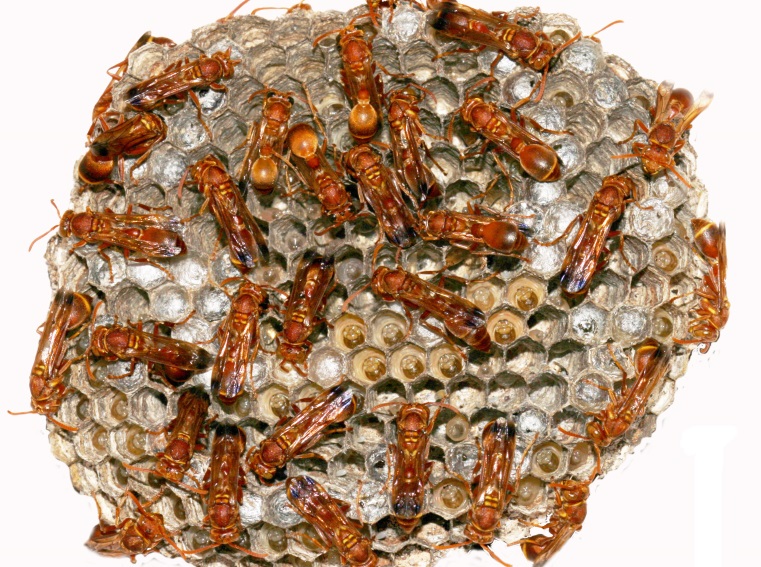Links to external sources may no longer work as intended. The content may not represent the latest thinking in this area or the Society’s current position on the topic.
Can we understand an insect society, and why should we care?

International lecture by Professor Raghavendra Gadagkar.
Many insects such as ants, bees and wasps organise themselves into societies with sophisticated communication and division of labour, paralleling and sometimes surpassing our own societies. We therefore have a natural curiosity to understand how these tiny insects can achieve such feats of social organisation. What are the rules that govern their lives and how does a bee or a wasp know what to do when?
This lecture will illustrate the efforts to understand the workings of the primitively eusocial wasp Ropalidia marginata in peninsular India. The lecture will not merely convey the product of research but also describe the process of science, methodology and logic that drives the experiments. It will reflect on what we can learn from insect societies and argue that understanding insect societies helps us to reflect on how and why we live our lives the way we do and thus to better understand ourselves.
Professor Raghavendra Gadagkar is Year of Science Chair Professor of Ecology and Evolutionary Biology in the Centre for Ecological Sciences, Indian Institute of Science, Bangalore and past-President of the Indian National Science Academy. He has established an active school of research in the area of Animal Behaviour, Ecology and Evolution in India. The evolution of cooperation and conflict in social insects, such as ants, bees and wasps, is a major goal of his research. As the Founder Chair of the Centre for Contemporary Studies, Indian Institute of Science, he is engaged in fostering meaningful interaction between the natural and human sciences.
The International lecture will be webcast live and the video recording of the lecture will be available shortly after.
Attending the event
- Free to attend
- No registration required
- Doors open from 18:00, and seats are allocated on a first-come, first-served basis
- Live subtitles will be available at this event.
- British Sign Language interpretation available on request. Please let the Events Team know if you plan to attend at least two weeks prior to the event
- Travel and accessibility information
For all enquiries, please contact the Events Team.
